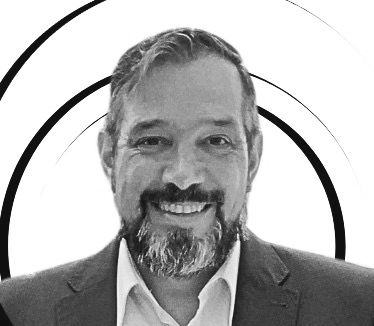

Landscaper and horticultural therapist, specialized in physical, sensory and cognitive accessibility in green areas
(english below)
Claudio Doratto es un docente, paisajista y terapeuta hortícola argentino, oriundo de la ciudad de Mendoza. Especialista en accesibilidad física, sensorial y cognitiva en entornos naturales, ha dedicado su trayectoria al desarrollo de jardines terapéuticos y espacios verdes inclusivos. En reconocimiento a su labor, recibió el Primer Premio “Espacio Accesible” (2024) del Instituto de Accesibilidad por su proyecto “Jardín de los Sentidos” en el futuro Ecoparque de Mendoza y fue finalista del Premio AIS 2023 en la categoría I+D+i. Fundador de JardinesInclusivos.ar, ha impulsado la formación de terapeutas hortícolas y la integración de principios de neurociencias en el paisajismo. Es autor de “Jardines para Cre-Ser en Familia” (2021) y próximamente publicará “Neuropaisajismo Terapéutico”, explorando el diseño basado en neurociencias para jardines inclusivos y salutogénicos. Su enfoque interdisciplinario, respaldado por una sólida formación en agronomía, educación y accesibilidad sensorial, lo posiciona como un referente en paisajismo inclusivo y terapéutico.
English text
Claudio Doratto is an Argentine educator, landscaper, and horticultural therapist from the city of Mendoza. A specialist in physical, sensory, and cognitive accessibility in natural environments, he has dedicated his career to the development of therapeutic gardens and inclusive green spaces. In recognition of his work, he was awarded the First Prize for “Accessible Space” (2024) by the Institute of Accessibility for his project “Garden of the Senses” in the future Ecopark of Mendoza and was a finalist for the AIS Award 2023 in the R&D&I category. As the founder of JardinesInclusivos.ar, he has promoted the training of horticultural therapists and the integration of neuroscience principles into landscaping. He is the author of “Gardens to Grow Together as a Family” (2021) and will soon publish “Therapeutic Neuro-Landscaping”, exploring neuroscience-based design for inclusive and salutogenic gardens. His interdisciplinary approach, supported by a strong background in agronomy, education, and sensory accessibility, positions him as a leading expert in inclusive and therapeutic landscaping.